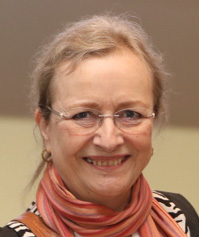
I am delighted to welcome you to the official website of the International Association for Analytical Psychology, IAAP. As President of our global organisation, I, along with my fellow Officers, the Executive Committee and our dedicated staff, are committed to advancing the field of Analytical Psychology worldwide.
Our main goals at IAAP are to promote the highest professional, scientific and ethical standards in our association and to ensure that Analytical Psychology is recognised and valued as a vital field of study and practice. Thank you for visiting the IAAP website and we hope you find it informative and interesting.
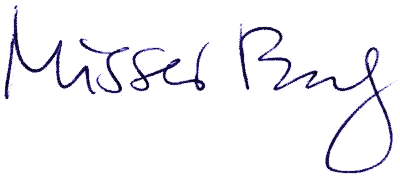
STATEMENT
The Members of the Executive Committee of the IAAP express our deep sadness and concern for the large groups of innocent people in Israel, in Palestine and in other parts of the world suffering from the trauma of terror and violence inflicted on them. We note the polarization in these complicated situations and implore all the parties involved to seek ways of resolving the confrontation, which will not add to the large-scale human trauma. We stand in solidarity with our colleagues and friends and support psychological care for the innocent suffering human beings, whomever they are and wherever they live.
In our hearts, we are with them all.
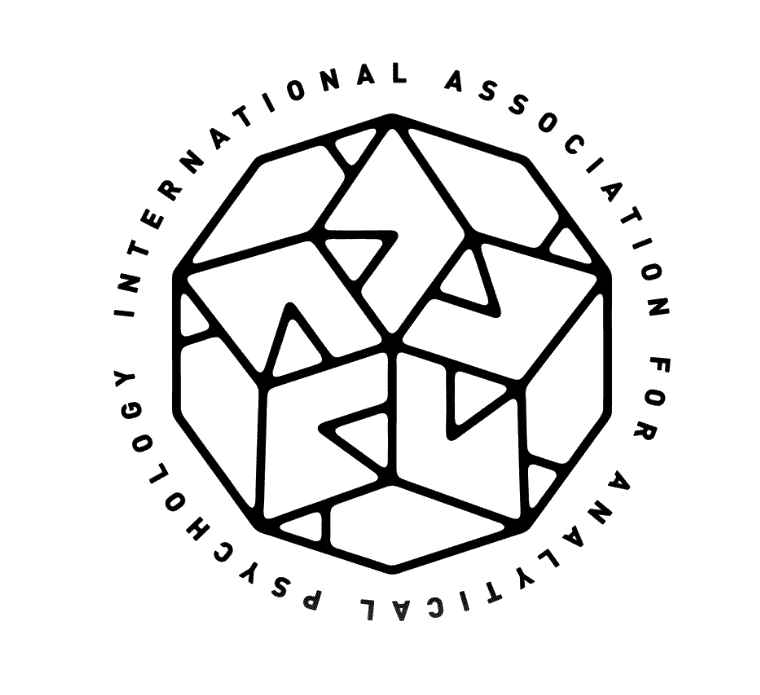 The International Association for Analytical Psychology, IAAP was founded in 1955 by a group of Jungian Analysts to sustain and promote the work of C. G. Jung. Today the IAAP recognizes 69 Group Members (societies) throughout the world, and around 3500 analysts trained in accordance with standards established by the Association.
The International Association for Analytical Psychology, IAAP was founded in 1955 by a group of Jungian Analysts to sustain and promote the work of C. G. Jung. Today the IAAP recognizes 69 Group Members (societies) throughout the world, and around 3500 analysts trained in accordance with standards established by the Association.
Since the late 1990’s the IAAP has been engaged in providing training possibilities for people who live in places where no registered training to become a Jungian Analyst with membership of the IAAP is available. The result of this is that the IAAP now has training facilities and qualified Jungian Analysts in all continents.
In addition to the triennial IAAP Congresses, the IAAP also supports international conferences around the world, and during the last years the IAAP has actively taken part in joint conferences with universities in recognition of the importance of the connection to the scientific world. This is also reflected in the growing support by the IAAP of research in the Analytical Psychological field.
The IAAP New Bulletin is a monthly email newsletter. Click on the image above to access the current and previous issues. Click here for the subscribe form.
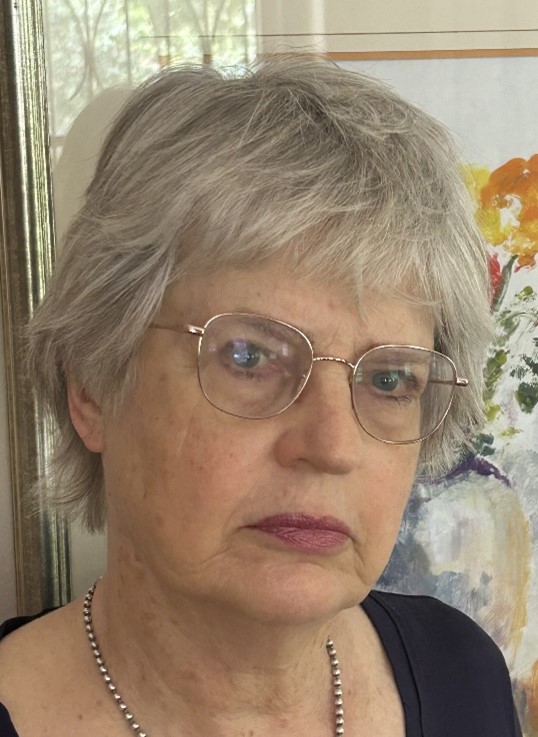
The IAAP Bulletin Spotlight for this edition is on Astrid Berg, one of the stalwarts of Jungian psychology in South Africa and internationally. She is
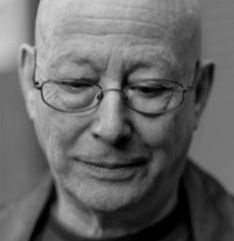
In this issue of the IAAP News Bulletin we are pleased to introduce Andrew Samuels, who is yet another of our colleagues who has had
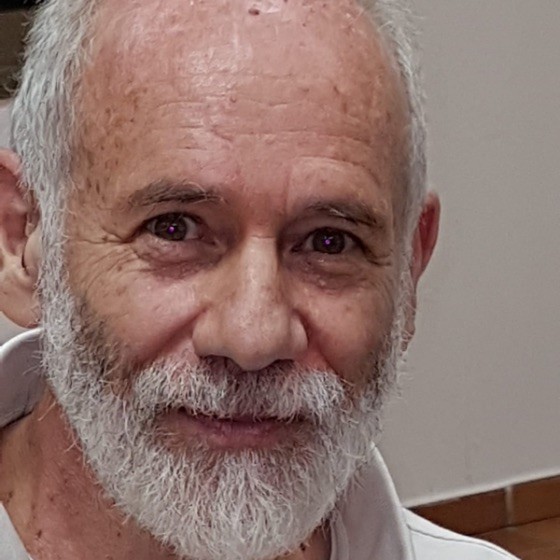
We are delighted to bring a portrait of another of our colleagues who has had a remarkable influence on the Jungian community. This time, Henry Abramovitch
IAAP member analysts have written a series of short articles to introduce the key concept of Analytical Psychology which is the formal name for Jungian psychology.

Jung’s fundamental insight was that the alchemists were projecting unconscious psychic processes onto the transformation of matter in the laboratory. In alchemy he saw the bridge between analytical psychology and early forms of thought, such as Gnosticism – to reach ‘a point outside our own time’ in order to understand how deep change occurs.

A key signature concept in Jung’s vision of the world, synchronicity was defined by Jung as an acausal connecting principle, whereby internal, psychological events are linked to external world events by meaningful coincidences rather than causal chains. While of profound theoretical significance, anecdotal clinical evidence served as primary descriptive examples in Jung’s writing.

The psychoid archetype possesses three different aspects. First, it is inaccessible to consciousness. Second, located in the meeting place between the psychological and the physiological, it combines or transcends both. It can show up therefore in the relationship between a person’s psyche and their body. Its third and most significant aspect refers, in Roderick Main’s words, “to the relationship between a person’s psyche and the physical world beyond that person’s body” (Main, p.26).
C.G. Jung 1959
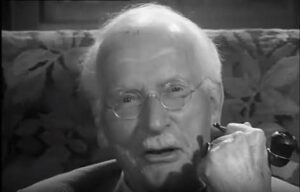
The Buenos Aires Congress 2022
The Vienna Congress 2019
We are pleased to make the following resources available to the public through our website
Commission by the National Institute of Mental Health the Abstracts of the Collected Works of C.G. Jung were edited by Carrie Lee Rothgeb and Siegfried M. Clemens and originally published in 1978. The book is available in the public domain and all the abstract are viewable on the IAAP website. Click here
The Archive for Research in Archetypal Symbolism is a pictorial and written archive of mythological, ritualistic, and symbolic images from all over the world and from all epochs of human history. The ARAS website also offers a rich library of articles on art and symbols and a concordance that allows you to search C.G. Jung’s Collected Works by word or topic.
The IAAP is supporting the initiative by Jungian.Directory to build and maintain a searchable catalogue of articles published in Jungian and Jungian related journals. The catalogue is growing and will soon give access to the contents of close to 45 journals. A number of the journal are open access. Access the searchable catalogue here.